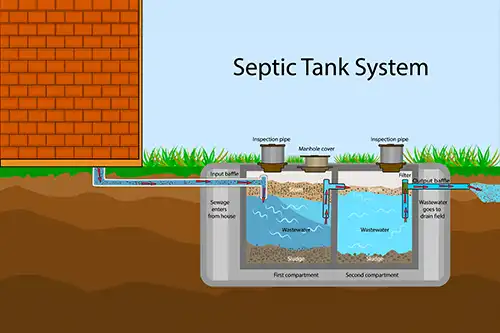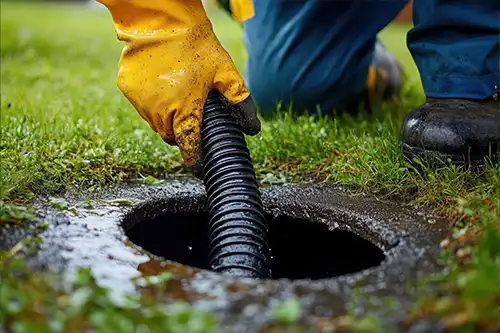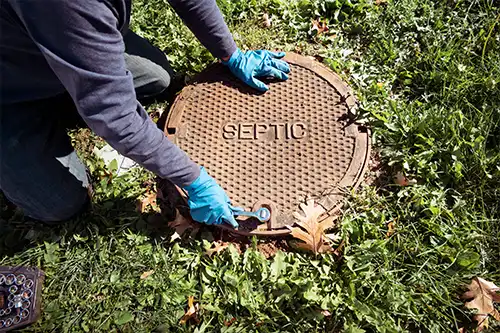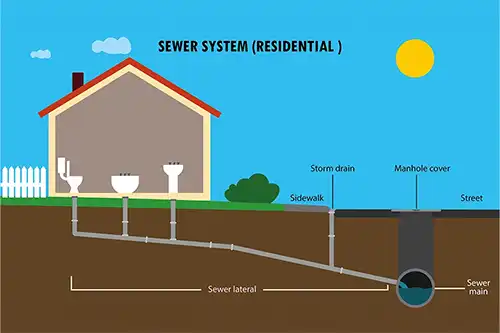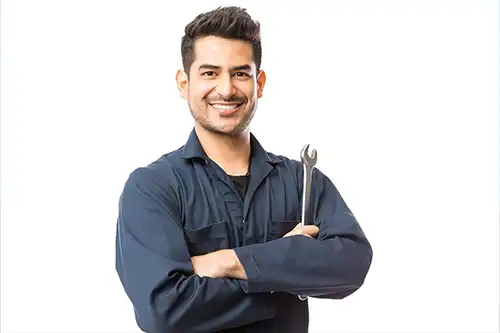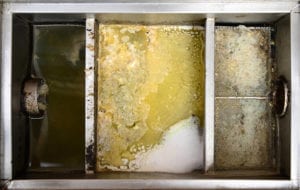 Grease traps are an essential component of a well-functioning kitchen in a hotel, restaurant, or other foodservice industry. Without a grease trap, you would constantly be dealing with plumbing problems because of the amount of grease that’s washed down the drain. However, for the grease trap to work properly, it’s important to regularly contact drain cleaning services in Decatur, IL, for grease trap cleaning. Here’s what you need to know about grease traps and the cleaning process and why it’s important.
Grease traps are an essential component of a well-functioning kitchen in a hotel, restaurant, or other foodservice industry. Without a grease trap, you would constantly be dealing with plumbing problems because of the amount of grease that’s washed down the drain. However, for the grease trap to work properly, it’s important to regularly contact drain cleaning services in Decatur, IL, for grease trap cleaning. Here’s what you need to know about grease traps and the cleaning process and why it’s important.
Why Grease Traps Are Important
Grease traps are important for businesses, even if there’s only a small amount of food being prepared or if the food isn’t very greasy. One reason a grease trap is important is that it’s required by law. Commercial establishments with kitchens must have a grease trap to be in compliance with the law. The other reason is that regardless of how much food is prepared or how greasy the food is, any amount of grease that goes down the drain on a regular basis is a problem for the plumbing. Grease can quickly collect and block the pipes, causing major problems with how smoothly your business can run. Blocked pipes are not only inconvenient, but they can also become dangerous because the wastewater can back up into the building and cause property damage and health hazards.
How Grease Traps Work
Grease traps catch oil, grease, and fats that are flushed down the drain so that they don’t go into the sewer line. This separates the grease from solid food and wastewater. There are three main components of a grease trap. The first is called a grease trap container. This captures the wastewater that goes through the sinks. The wastewater cools down, and the oils and grease harden. The wastewater is then forced through the crossover pipe, and the hardened grease stays in the container. The crossover pipe provides secondary filtration so that most of the solids are removed from the water. Then the water goes to the outgoing line, and the filtered water goes into the sewer system.
When to Clean Grease Traps
Your grease trap should be cleaned when no more than a third of the trap is taken up by food and grease. Many health departments require cleaning twice a year, but many restaurants need to have the grease trap cleaned every week. The amount and type of food being prepared and the size of the trap can all affect how frequently the grease trap needs to be pumped.
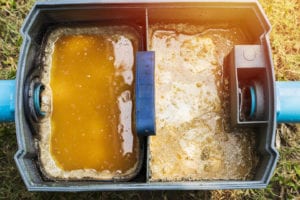 How the Process Works
How the Process Works
When the professionals come to pump your tank, they’ll measure how much fat, oil, and grease has built up. The waste material is then pumped out of the trap. The pumping company is responsible for disposing of this waste in an environmentally safe and legal manner. The material stuck to the walls of the grease trap will be cleaned, and then the technicians will inspect all the components and run a test to make sure the wastewater flows properly following the service.
Maintaining Your Grease Trap
In addition to regularly hiring grease trap cleaning services in Decatur, IL, you can keep your grease trap in good condition by throwing away food solids before washing dishes. Avoid pouring boiling water into the trap or using any drain cleaners or other chemicals that might harm the beneficial bacteria. To learn more about grease trap care, contact Sewer & Septic Specialist Inc. today.



